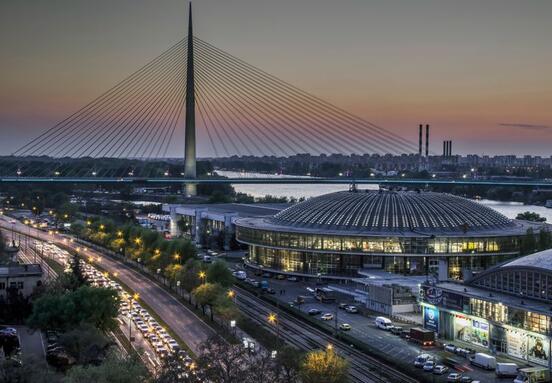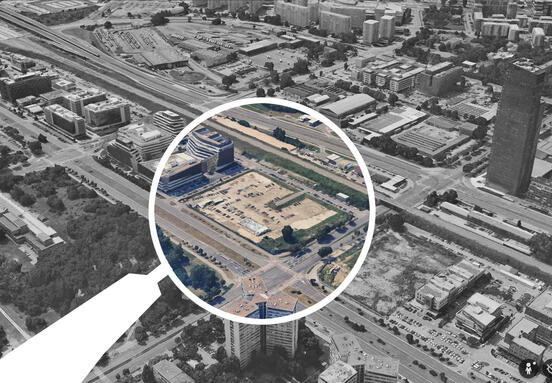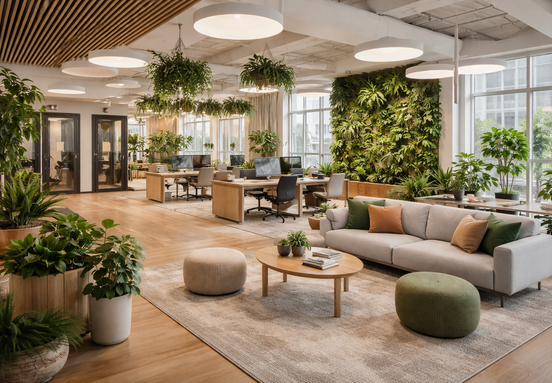One of the main advantages of flexible work environments is the ability to adapt to different work styles. Some employees thrive in collaborative open spaces, while others perform better in quiet, private areas. Flexible offices provide a mix of these options, giving individuals the opportunity to adjust their environment according to their tasks and preferences.
This adaptability directly affects productivity. Employees who feel comfortable and in control of their workspace tend to be more focused, efficient, and motivated. Additionally, the ability to work remotely or from satellite offices reduces stress related to commuting, allowing staff to dedicate more energy to their core responsibilities.
Beyond productivity, flexible workspaces play a significant role in shaping company culture. Modern employees value autonomy, trust, and balance between work and private life. Companies that offer flexibility are often perceived as more progressive and employee-centric, which strengthens loyalty and improves retention rates.
Finally, the social aspect of flexible offices cannot be overlooked. Shared coworking areas encourage collaboration between teams and even between companies, opening doors for innovation and networking. This dynamic culture nurtures creativity and fosters a sense of community, which positively reflects on overall organizational success.
In a rapidly changing business landscape, flexible workspaces are proving to be more than just a physical space—they represent a cultural shift that will define the future of work.







